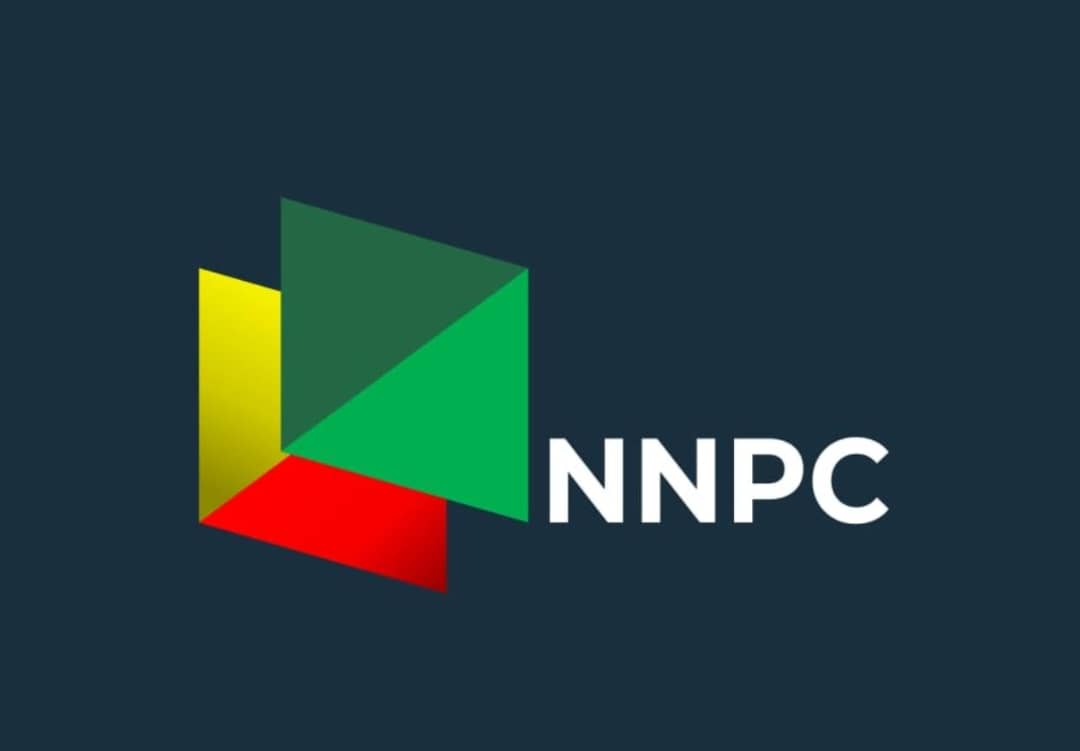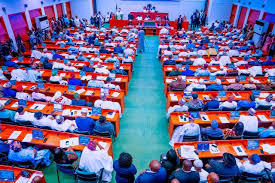By Adeyemi Adekunle
In a bid to stabilize its finances and reinvigorate its operations, the Nigerian National Petroleum Corporation (NNPC) is in discussions for a substantial oil-backed loan. Group Managing Director, Mele Kyari revealed this move as the state-backed oil giant faces mounting economic pressures, with the country’s economy heavily reliant on its success.
According to insiders, the NNPC is aiming to secure at least $2 billion to address its financial woes. The company’s debts to gasoline suppliers have surged to a staggering $6 billion over the past four months, doubling in a remarkably short period. This financial strain reflects broader issues within Nigeria’s oil sector, including persistent pipeline theft and chronic underinvestment that have severely hampered oil production.
Nigeria’s government, the primary stakeholder in NNPC, depends heavily on oil exports for crucial foreign exchange reserves. However, the cost of gasoline subsidies has further depleted these reserves, exacerbating the financial crunch. President Bola Tinubu, who has been at the forefront of efforts to reform Africa’s largest oil exporter, faces the daunting task of implementing changes without precipitating a cost-of-living crisis.
Upon assuming office last year, President Tinubu made the bold decision to eliminate fuel subsidies, leading to a tripling of pump prices. These subsidies, long criticized as inefficient and disproportionately benefiting urban elites, have been a significant drain on Nigeria’s finances. However, the subsequent inflation surge and the NNPC’s decision to cap fuel prices at just above 600 naira per liter have widened the gap between market prices and consumer costs.
This gap has led to fuel shortages, particularly in Lagos, where petrol stations halted sales as the ex-depot price exceeded 700 naira per liter. Selling at the capped price would mean financial losses for these stations, further complicating the supply situation.
The government faces increased pressure to raise pump prices. However, the memory of deadly riots in Kenya over similar economic measures has instilled a cautious approach among Nigerian leaders. With the nation already grappling with double-digit inflation and economic hardships, the administration is treading carefully to avoid exacerbating social unrest.
As negotiations for the loan continue, the outcome will significantly impact NNPC’s ability to navigate its financial challenges and the broader economic stability of Nigeria. The situation remains fluid, with the potential for substantial implications for the country’s oil-dependent economy.




